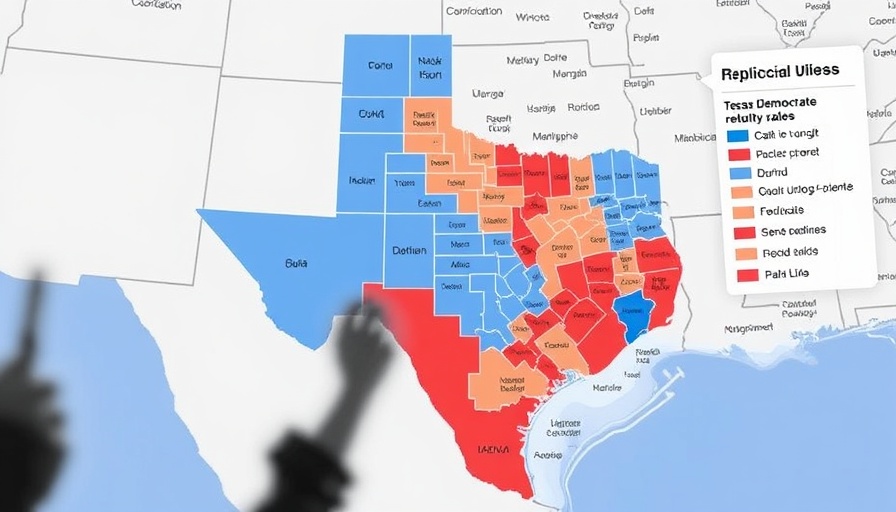
Austin Community Rallies for Missing Children
A wave of urgency swept through the Austin area as the Pflugerville Police Department issued an Amber Alert for two missing individuals—15-year-old Daela Diaz and 11-month-old Christopher Roman. The alarming disappearance, which occurred at around 8 p.m. on a Friday night, has sparked immediate concern and mobilized the local community.
Details of the Missing Individuals
Diaz is described as a Hispanic female, standing 5'4" tall, weighing approximately 160 pounds, with brown eyes and hair. She was last seen donning a black dress combined with black and white Jordan brand shoes. Meanwhile, her younger counterpart, Roman, is a Hispanic male, last spotted wearing gray clothing paired with blue Nike shoes.
Authorities Urge Community Support
Law enforcement officials believe that both individuals may be in grave or immediate danger, heightening the importance of public vigilance. Local authorities have urged anyone who might have any information about the children’s whereabouts to reach out to 911 immediately. This represents a collective call to action for residents to keep an eye out in their neighborhoods.
The Role of Amber Alerts in Community Safety
The Amber Alert system serves a vital function in expediting the search for abducted children and missing persons. In Texas alone, there are eight different alert types, including Amber Alerts, Blue Alerts, and Silver Alerts, all designed to raise community awareness about vulnerable individuals. The swift distribution of critical information about missing children can sometimes mean the difference between a safe return and a prolonged search.
Community Response and Social Connectivity
The disappearance of a child hits home for many individuals across various demographics, igniting a tangible emotional response. As news spreads about Diaz and Roman, social media platforms are flooded with concerned messages, calls for prayer, and requests for sharing the Amber Alert as widely as possible. The hashtags associated with the case have begun to trend, inviting even those without direct ties to the affected families to join in the search.
Legal and Psychological Aspects of Missing Person Cases
Missing children cases are not only heartbreaking but also complex from a legal standpoint. The urgency imposed by the Amber Alert is rooted in psychological research that shows the sooner a case is publicized, the greater the likelihood of a safe outcome. Communication is a critical factor in these fragile circumstances. Various local support groups and services are also mobilizing to help families cope through this distressing period, providing counseling and guidance for parents facing similar situations.
Conclusion and Next Steps
As the search continues for Daela Diaz and Christopher Roman, the need for community awareness and action cannot be understated. The local authorities remain resolute in their commitment to resolving this case, but it will take collective effort and vigilance from the public to ensure a prompt resolution. Every shared social media post, every vigilant eye scanning the local area, contributes to the hope of finding these two children safe and sound. Remember, you can make a difference; if you have any information, please call 911 immediately.
 Add Row
Add Row  Add
Add 




Write A Comment